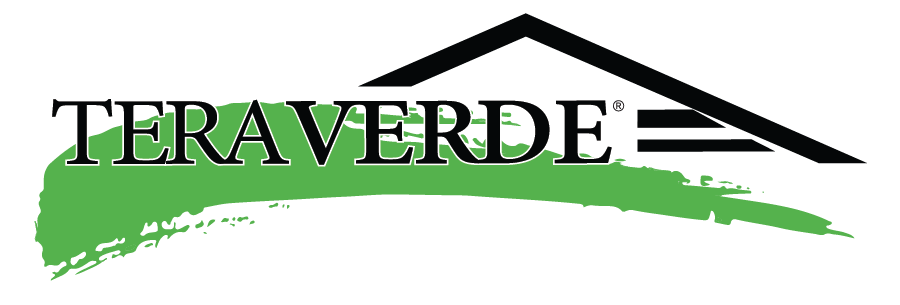A discussion summary with Dave Stevens, CMB and Jim Deitch, CMB, CPA
Jim: The so-called “new normal” runs much deeper than masking up in public and swapping a tailored suit for sweatpants and a tee. The COVID-19 pandemic brought about an unprecedented shift in the interdependence between businesses and consumers that may not have happened otherwise.
With the world slowed considerably to flatted the curve, our global economy continues to pivot from a “you-go-to-it” to an “it-comes-to-you” model. Take, for example, the rise in e-commerce, streaming, and food delivery services as leading indicators of this evolving business practice.
The power is now leveraged in favor of the consumer as businesses prioritize ease and buyers’ convenience at the forefront of their products and services.
But how long does it stay this way?
Dave: The answer is still unclear. However, if we look hard enough, there are subtle clues all around that indicate an almost irreversible shift.
Companies are discussing permanently closing office buildings in favor of the convenience and cost-effectiveness of remote work. Retail businesses are funneling more time and money out of brick-and-mortar storefronts and into e-commerce platforms.
Without the need to travel to the city to shop, eat, work, or play, millennials, among other generations, are migrating out of renter-friendly urban markets in favor of purchasing single-family homes in more affordable suburban areas and second-tier cities.
Jim: This transition begs the question: what elements of the economy’s adaptation to COVID are truly permanent?
Dave: This shift looks particularly favorable for the residential real estate market, but for the commercial market, the outlook appears a bit more grim, as procrastinated legislative follow-up to the CARES Act coupled with stagnated mass vaccination prove to be tumultuous to small businesses on the commercial front.
The COVID-19 pandemic is a classic tale of winners and losers—of haves and have-nots. In the winner’s circle, unsurprisingly, is technology, as emerging consumer-centric business models that will seek to eliminate the costly middleman in favor of digital platforms.
Jim: Financial services companies quickly proved that a decentralized, remote business model is possible and in many ways practical. Can you speak to mortgage banking in particular?
Dave: Mortgage banking companies are adapting quickly to emerging technologies. But while the technological shift has gone fairly well for the industry, the production side may face yet another unintended disruption of the pandemic.
Many are questioning the role and compensation of loan originators, given the commoditization of mortgages into GSE and FHA/VA products. Home buyers will soon require easy navigation throughout the home buying process. The mortgage is a means to an end, not the final product. The complexity of mortgages is in the approval process, not the concept.
Jim: So what are some of the emerging trends we can expect?
Dave: Similar to an executive in the mortgage industry, home buyers will want—and expect—data intelligence in one place to make informed, confident decisions about buying, financing and insuring their home.
From a credit approval perspective, getting a mortgage in the near future might be about as complex as getting a credit card.
Technology might even substantially reduce the need for human intervention in the end-to-end mortgage loan process. Technological innovation could fill the few missing gaps in the industry by creating products and services that automatically integrate ADP and IRS data into the origination process—data that traditionally creates stumbling blocks and inefficiencies along the way.
We are on the threshold of “Uber-ing” or “Amazon-ing” the mortgage loan industry. How long this shift may take or how long it will last is still unclear as our environment continues to evolve in unexpected directions at unprecedented rates.
What is crystal clear, however, is the undeniability of technology’s stake in the “new normal”.
Jim: Dave, as always, it’s a pleasure speaking with you and listening to your considerable insights.
—–
This information was extracted from an interview with David Stevens, former President and CEO of the Mortgage Bankers Association. In preparation for Jim’s upcoming fourth book on the future of the mortgage industry.
Executive Insights with Jim Deitch
Sign up to get the latest interviews and articles from Jim’s interviews with leading executives. The Mortgage Industry book will be released in Summer 2021!



